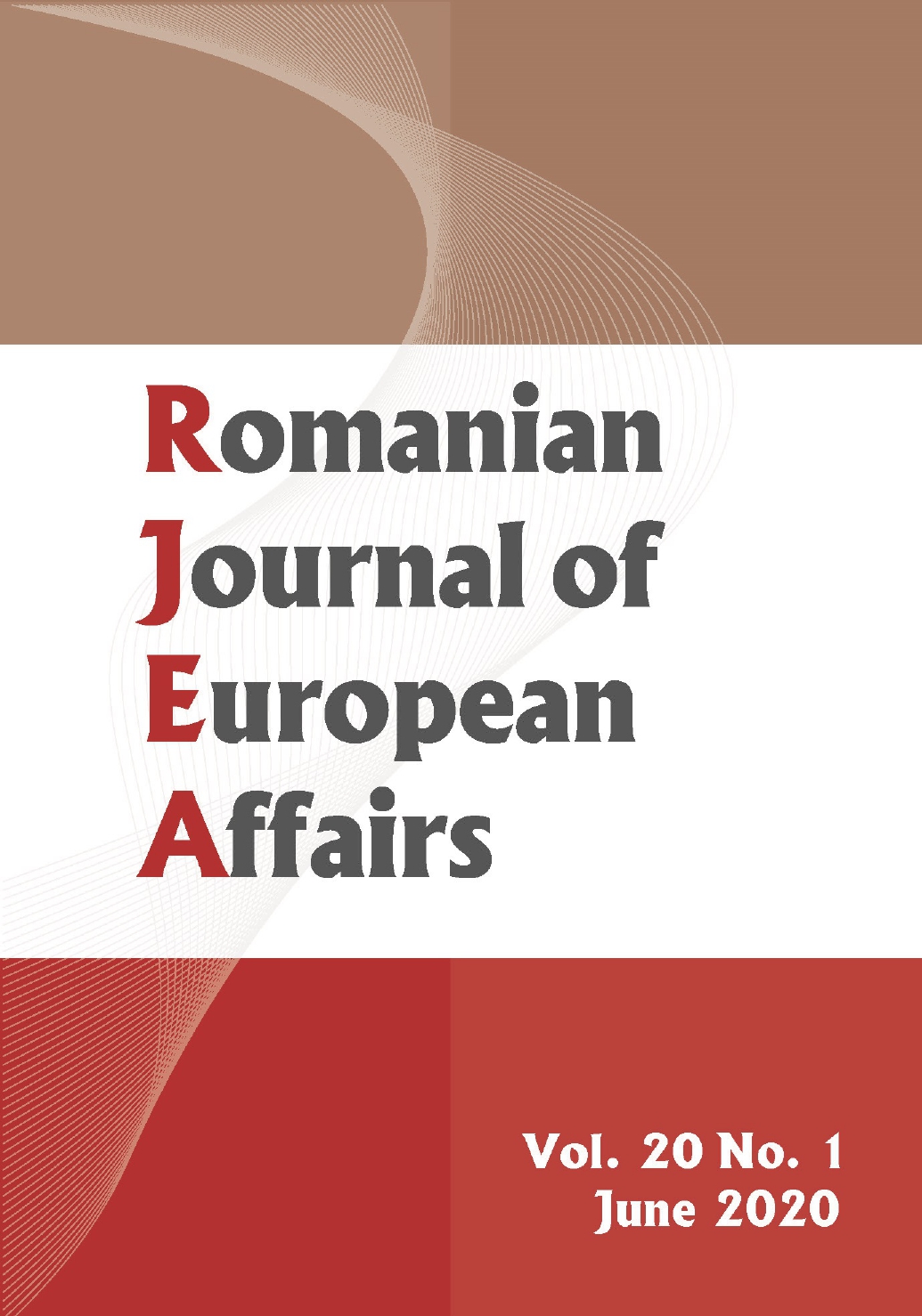Challenges of Deepening EU Free Trade
Agreements with Southern Mediterranean
Countries
Challenges of Deepening EU Free Trade
Agreements with Southern Mediterranean
Countries
Author(s): Tamás SzigetváriSubject(s): Politics / Political Sciences, Politics, Social Sciences, Economy, Political Sciences, Governance, Public Administration, Economic policy, International relations/trade, Geopolitics
Published by: Institutul European din România
Keywords: European Union; Southern Mediterranean; free trade agreement; trade policy; DCFTA;
Summary/Abstract: Over the past decade the European Union concluded dozens of free trade agreements. These agreements are aimed at more than removing barriers to trade in goods; in a much broader context they also regulate other trade-related issues. Their purpose is to enhance the competitiveness of the Europe Union and to provide markets and investment opportunities for European companies. The EU offers so-called Deep and Comprehensive Free Trade Agreements (DCFTA) to neighbourhood regions, including the Southern Mediterranean area. The agreements would help the countries concerned to transform their legal system along European patterns so that they would essentially be integrated into the single market and become competitive growing economies. The EU would benefit from the resulting decrease in security risk from the concerned countries. Although in an optimal case DCFTAs indeed have a positive effect on the integration of Southern Mediterranean countries into the global economy, for the time being the risks seem to be greater than the benefits.
Journal: Romanian Journal of European Affairs
- Issue Year: 20/2020
- Issue No: 1
- Page Range: 74-88
- Page Count: 15
- Language: English

